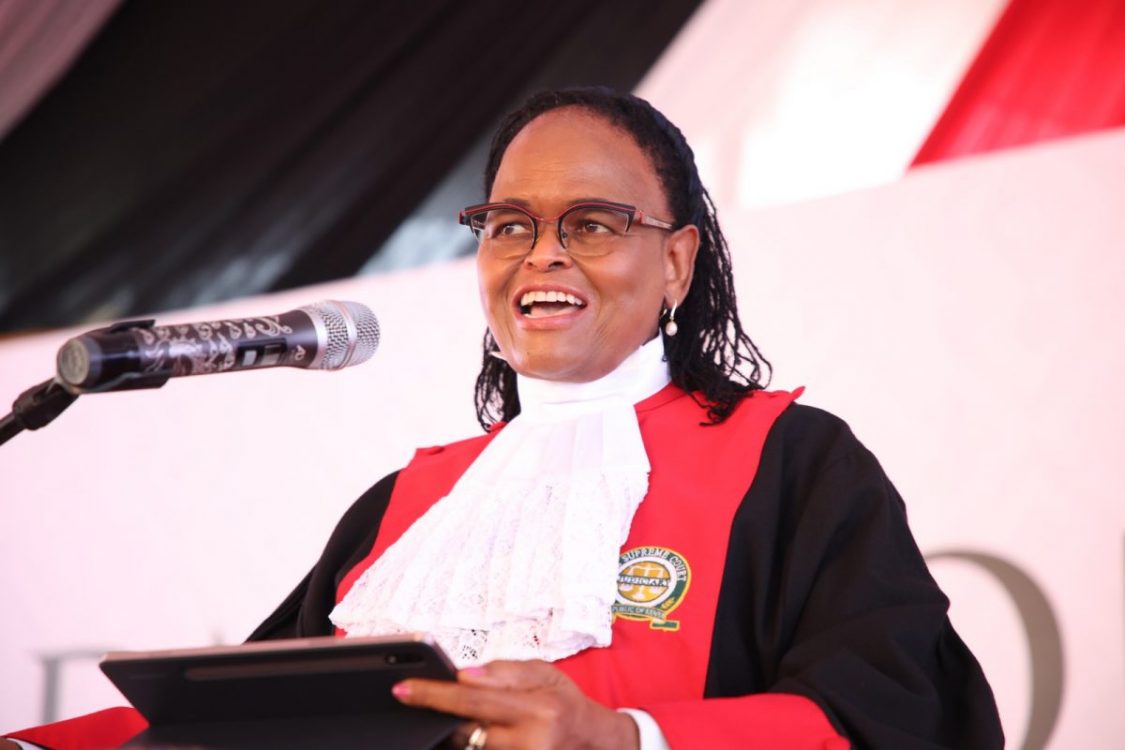Media must defend Judiciary’s independence
By Alberto.Leny, January 9, 2024President William Ruto’s invective of corruption accusations against unnamed judges in the Judiciary has raised a huge public uproar and condemnation.
The President’s wrath has been provoked by a series of court rulings going against his pet public projects and the punitive measures contained in the Finance Act, 2023.
What has raised eyebrows is Ruto’s spectacular public declaration threatening to defy court orders and imputing corruption allegations in the Judiciary supported by his political allies.
The Opposition, leaders, civil society and Wananchi have been left aghast at these outrageous statements, not only because they are an affront to the Constitution, but also because of their illegality.
In affirming their inalienable right to express their free will as enshrined in the Constitution through the principle of public participation, the citizens are exercising this right to question all the decisions that affect them.
This right is accompanied by others including freedom of expression and information, assembly, association, equality, non-discrimination, and socio-economic rights.
The Constitution is the people’s armour of defence against policies, statements and public pronouncements they consider to be violating their political, economic and social interests. They will not take kindly to any efforts seeking to violate or manipulate the Constitution in favour of the Executive to the detriment of the citizens, regardless of their political affiliation or ethnic background.
It is the same Constitution (invoking God’s name) the President and Deputy President solemnly swore to “obey, preserve, protect, defend, and uphold the sovereignty, integrity and dignity of the people of Kenya.”
Statements or public utterances against this solemn oath and the principle of separation of powers between the Executive, Legislature and Judiciary are therefore unconstitutional and a betrayal of public trust.
The media as the Fourth Estate after these three arms of government, must robustly take up its universal and constitutional role to defend the people and the Judiciary against authoritarian and unconstitutional statements.
Casting aspersions of corruption in the Judiciary without following the enacted constitutional and legal statutes, casts the utterances in a bad light and raises fundamental questions about their political motivation.
Critics say the blanket intimidatory threats and yet-to-be-proven corruption allegations against judges bear the hallmark of authoritarianism perpetrated by overbearing and unconstitutional Executive decisions rubber-stamped by a compliant Legislature.
Ironically, the Kenya Kwanza administration cannot adopt a holier-than-thou attitude on the issue of corruption. Not after all the mega corruption cases that had been initiated by the previous government being suspiciously hounded out of the corridors of justice.
Some of those mentioned in these major corruption cases occupy top positions in the highest level of the State, Government and Parliament.
It is no surprise that there has been huge public support for the Judiciary against the Executive’s attacks on this independent arm of government and for the litigants with a raft of court actions seeking to stop or reconfiguration of the implementation.
The national leadership must stop making statements that sound undemocratic and dictatorial. The Executive must submit to calls for justice and the people’s right to participate in political, public and economic affairs that affect them.
The cancer of corruption has become malignant in Kenyan society. We agree with the Law Society of Kenya’s reaction to the President’s allegations: “Corruption is rampant in the Judiciary, just as in other arms of government. The Executive cannot arrogate itself the duty to deal with corruption in the Judiciary.”
— The writer comments on governance and constitutional affairs
– albertoleny@gmail.com
More Articles

